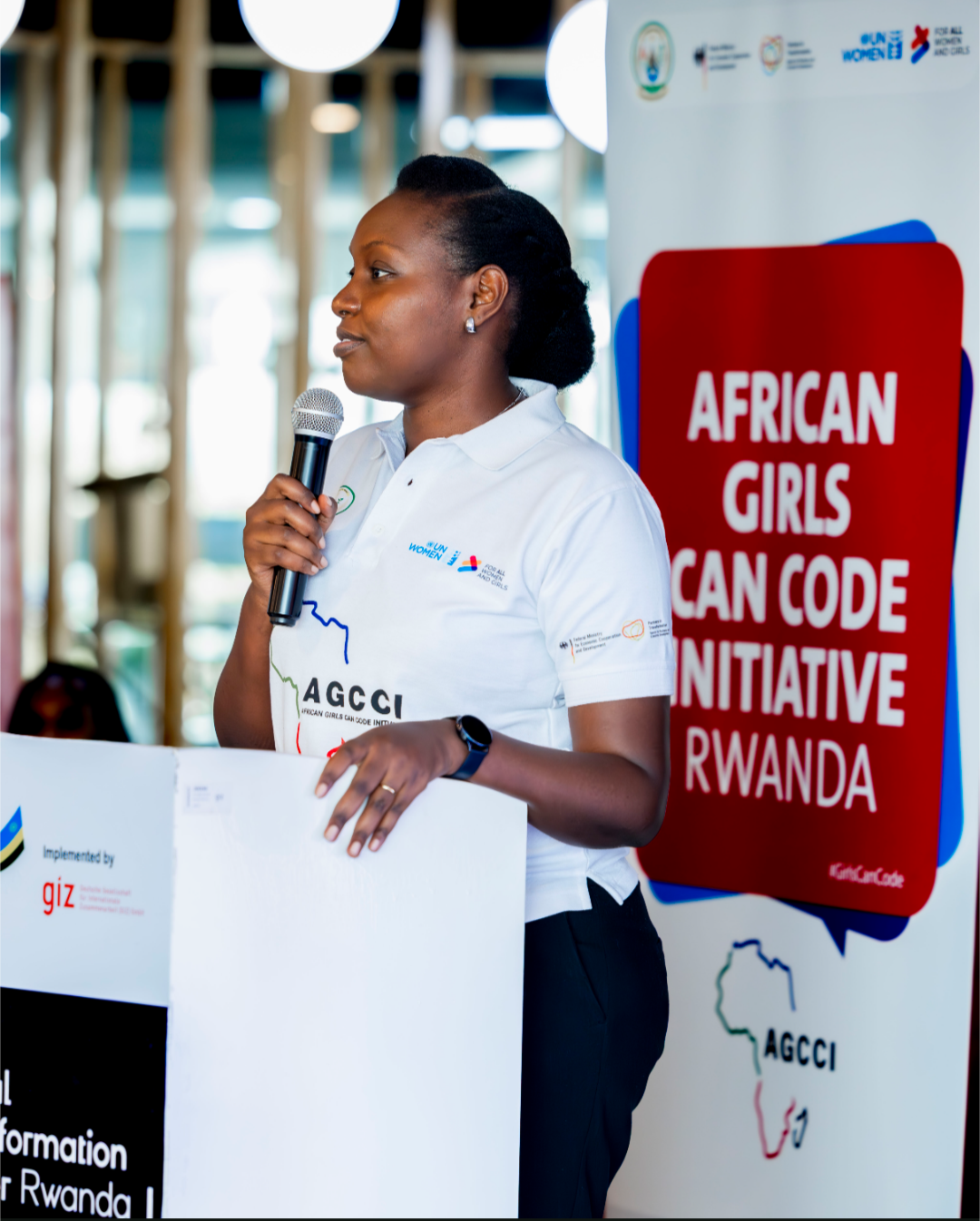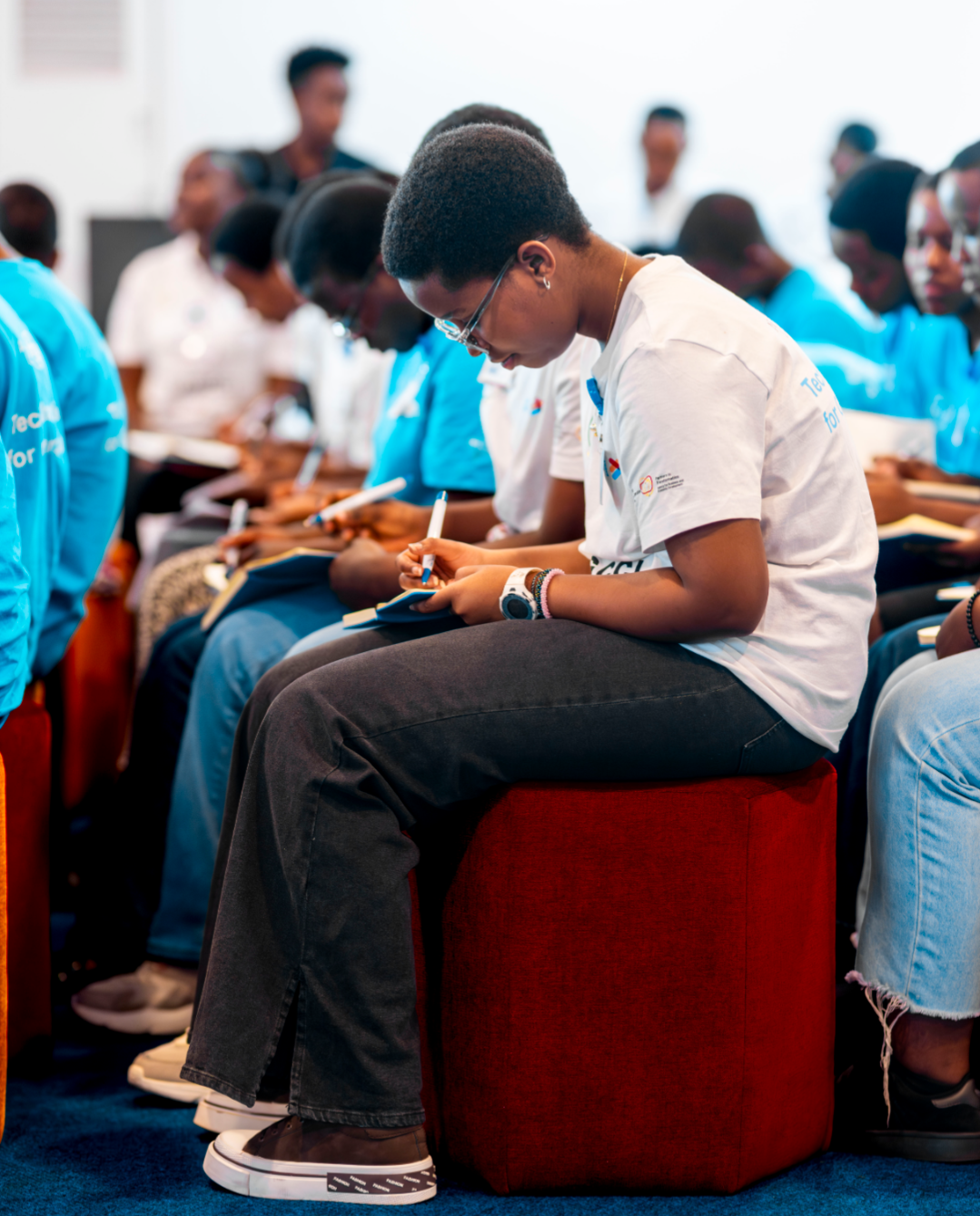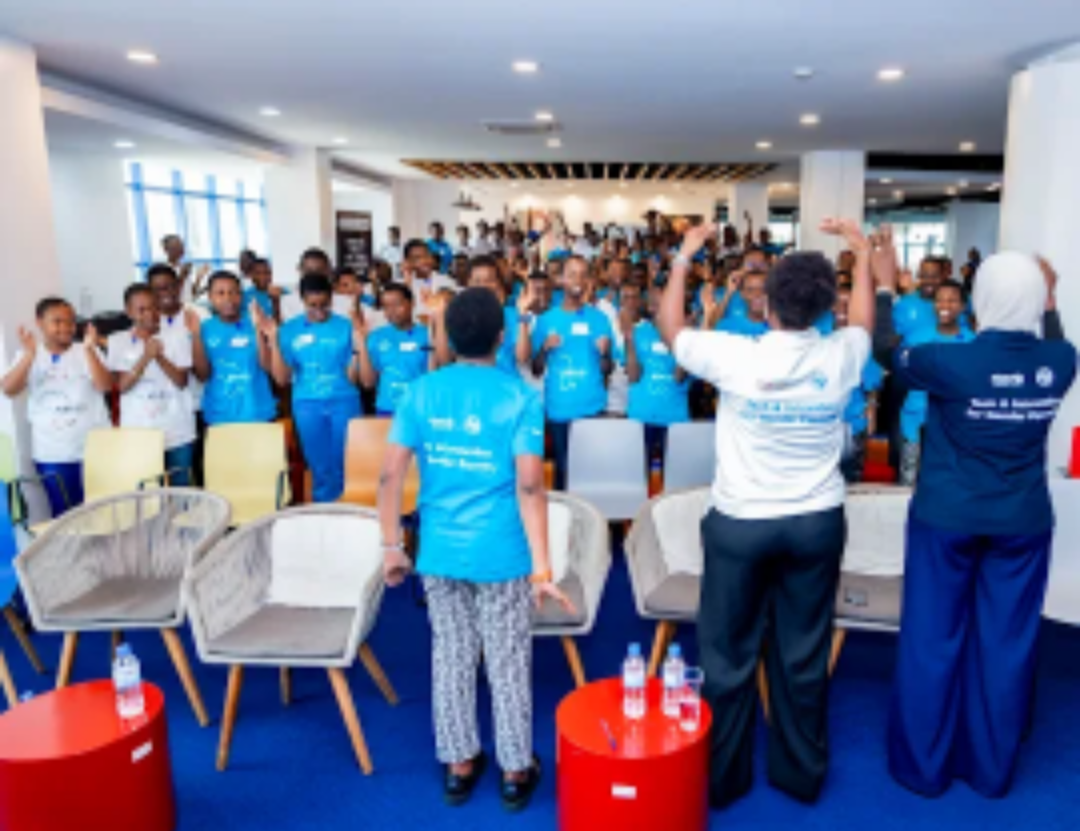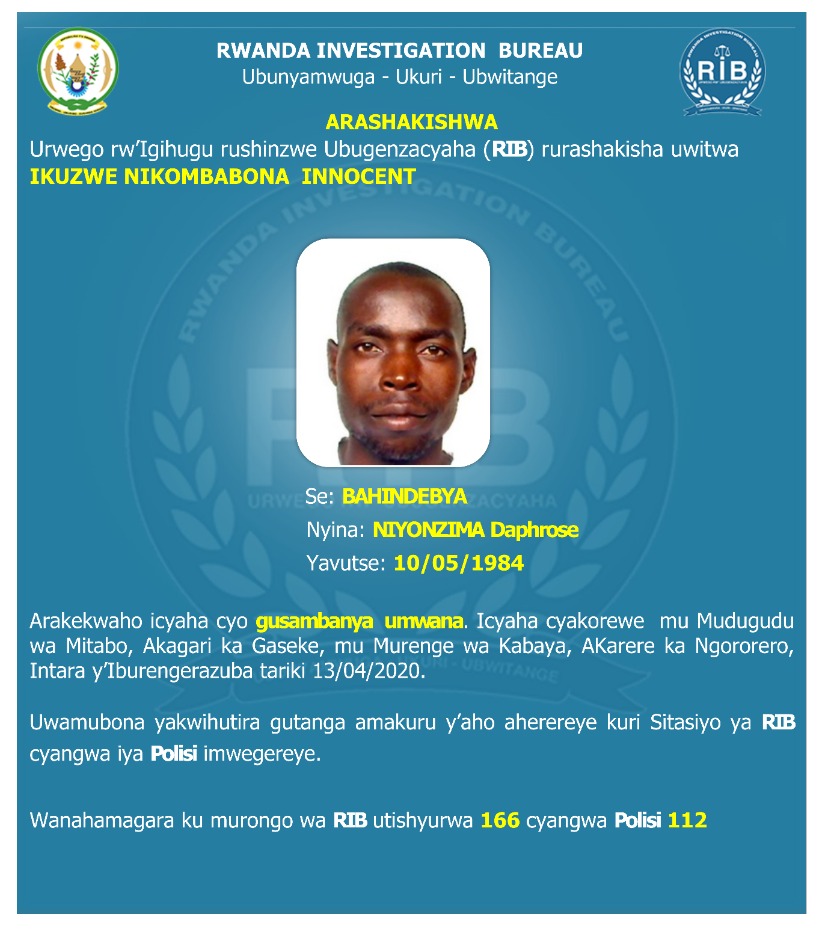A group of 120 girls from across Rwanda have successfully completed a comprehensive two-week training in coding and robotics and are graduating today at a ceremony held at GIZ Digital Transformation Centre.
The group is part of the 3rd National Bootcamp under the African Girls Can Code Initiative (AGCCI). They have been under intense training since July 22-August 1st.
After the dedicated training, the girls have been equipped with a set of skills including; Robotics assembly and programming, Mobile application development, and Website Development.
Other skills acquired by these girls also include; Next generation technologies, User interface / User experience (UI/UX) development, Gender Diversity and Inclusion in ICT and Gender, Equality and Women’s Empowerment.
To participate in the bootcamp, candidates are carefully selected based on their academic performance in national examinations, with 60 of them being the highest achieving female students in Senior One and another 60 being the best performers in the National Primary School Examinations.
Interestingly, 5% of the selected participants are person(s) living with disabilities.
The first national coding bootcamp took place from 23 October to 3 November 2023 at IPRC Tumba and engaged 23 of the selected girls in a two-week immersive program.
The second boot camp was organized in April 2024 for 75 in-school girls, particularly those in Senior 1 and 2, to facilitate long-term mentorship and follow-up support, ensuring their continued development beyond the bootcamp.
In Rwanda, statistics show a weaker labour force participation rate for women that stands at 48% compared to 65% for men and unemployment rates of 20 % for women versus 15% for men.
With regards to ICT, women represent only 34% of ICT graduates, 25% of ICT industry certification holders, and 20% of employees in the ICT sector.
Empowering girls with skills in coding, programming, innovative problem solving, Rwandan authorities consider the training effort critical in closing the gender gap in the tech world, and the overall gender digital divide.
“If young women and girls do not have the training and access to ICT tools and opportunities, they will continue to be left behind,” says UNESCO.
According to UNESCO’s “The Gender Gap in Science” report, globally, only 28.4% of people engaged in STEM careers are women, and in Sub-Saharan Africa, only an average of 30% are women.
The report also observes that across Africa, youth comprise nearly 60% of the population.
This youth bulge makes the case for prioritizing the development of young people as leaders and active participants in the technology and innovation ecosystem.
Education in STEM related disciplines such as ICT and coding means not only to empower them but unlocking Africa’s development potential across sectors.
Less than half (48 per cent) of the world’s female population uses the internet, compared to 55 per cent of men.
The training were organized by UN-WOMEN, MINEDUC, MIGEPROF and MINICT with the support from German Federal Ministry for Economic Cooperation and Development (BMZ), GIZ Rwanda and I&M Bank.













